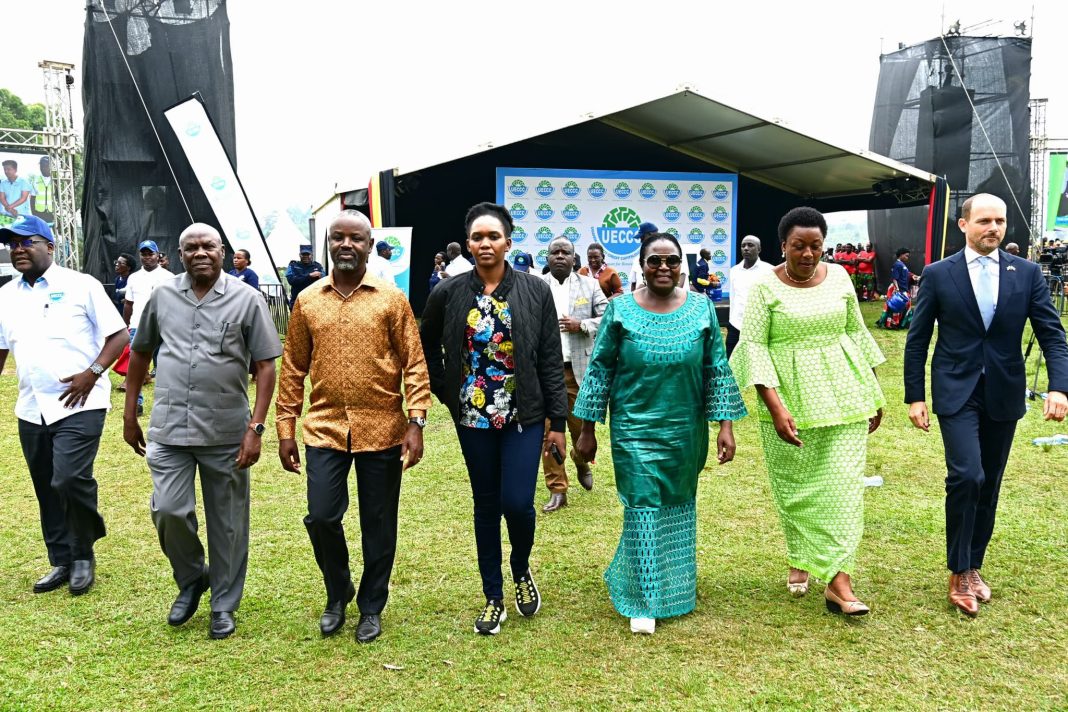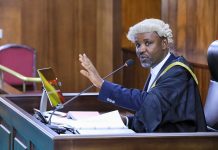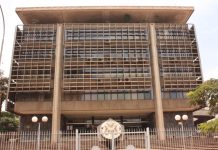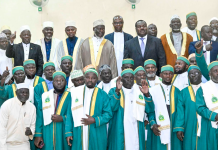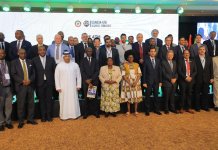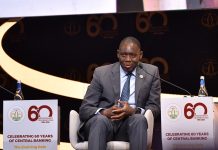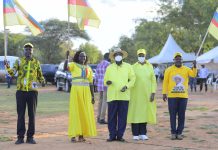Deputy Speaker Thomas Tayebwa has pointed out that the inconsistency and high cost of electricity have hindered growth opportunities for businesses, schools, healthcare centers, and households across the country.
He made these remarks while presiding over the groundbreaking event for the Ncwera Mini Hydro-Power Project in Ruhinda North County, Mitooma District.
This initiative is part of the Electricity Access Scale-Up Project spearheaded by the Uganda Energy Credit Capitalisation Company (UECCC) and is being financed through the ORIO Infrastructure Fund from the Netherlands.
Tayebwa, who also serves as the area’s representative, emphasized that the project will not only provide electricity to households but also unlock various socio-economic prospects.
“Farmers will have better means to process their produce, small enterprises will flourish, and our children will enjoy improved study conditions,” he stated.
He applauded the Ministry of Energy and Mineral Development for prioritizing key energy infrastructure in communities and encouraged sustained efforts to expand similar projects to underserved areas.
Energy Minister Hon. Ruth Nankabirwa affirmed that the project aligns with the presidential directive to ensure affordable energy that supports industrial growth and accelerates economic progress.
“I am pleased that the signed agreement has set the electricity tariff at 5.3 US cents per unit, which is favorable. We have been working towards lowering electricity costs, and since hydropower is the most sustainable energy source, it remains the most economical,” Nankabirwa explained.
Mitooma District Woman MP, Hon. Juliet Agasha, urged the energy ministry to enhance the district’s electricity infrastructure.
“There are two sub-counties with electricity poles but no connecting wires, leaving residents without access to power. Additionally, frequent load shedding has severely impacted local businesses,” Agasha noted.
The Deputy Ambassador of the Netherlands to Uganda, H.E. Joost Van Ettro, commended Uganda’s strong partnership with private investors, which has contributed significantly to socio-economic and industrial growth.
“With the rising energy demand in rural communities that are not connected to the national grid, these mini-hydro power plants will serve as a catalyst for industrialization, economic advancement, and job creation for Uganda’s growing population,” Van Ettro remarked.
UECCC Managing Director, Roy Nyamutale Baguma, revealed that besides Mitooma District, the ORIO Mini Hydropower Project will oversee eight additional projects across six districts, including Bushenyi, Kasese, Bundibugyo, Kabarole, Bunyangabo, and Hoima.
He further elaborated that once completed, the nine mini-hydro power stations will collectively generate 6.7 megawatts of electricity and establish a 288-kilometer distribution network to enhance rural electrification.
“These sites are located in remote areas with rugged terrain, making it impractical to extend power lines over long distances. The Ncwera project is expected to be finalized within a year and aligns with government strategies such as the National Development Plan (NDP IV), Vision 2040, and Sustainable Development Goal 7,” Baguma added.


